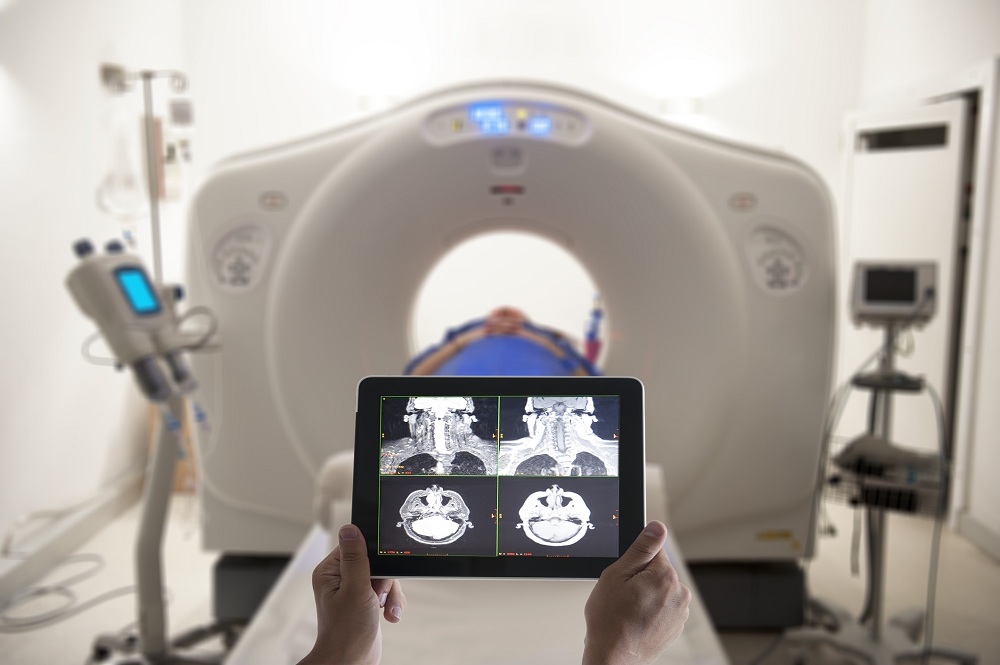Know About PET-CT Scan
Apr 19, 2022
PET-CT scan
A PET-CT scan (positron emission computed tomography), also known as a PET scan, is a type of hybrid imaging used in Nuclear Medicine. It combines positron emission tomography (PET) scanner (functional imaging) and an x-ray computed tomography (CT) scanner (anatomical imaging), to acquire sequential images from both devices in the single session. It uses small amount of radiations injected intravenously to show the concentration of radioactivity within the body on a cellular level. It shows up areas of your body where cells are more active than normal (hyper metabolic / abnormal functioning). PET-CT has revolutionized medical diagnosis in many fields, by adding precision of anatomic localization to functional imaging. Although the combined/hybrid device is more expensive, it has the advantage of providing both functions as stand-alone examinations, being, in fact, two devices in one.

PET-CT scan tend to be available only in the major cancer hospitals and it is an OPD procedure, usually requiring approx. 02 hrs (20 min. scanning time) for the entire procedure. It is most commonly used in cancer treatment, neurology, and cardiology. It shows not only what an organ looks like, but how it is functioning. PET-CT scans can help to:
- diagnose cancer
- find out whether cancer spread or not (staging of cancer)
- Planning appropriate treatment of your cancer (surgery / chemotherapy / radiotherapy)
- check whether your cancer has come back
- plan radiotherapy treatment
- How well a cancer treatment is working (response evaluation of cancer)
Cancer cells have a higher metabolic rate than noncancerous cells, because of this high level of activity, cancer cells show up as bright spots on PET-CT scans. However, these scans should be read carefully by your professionally trained specialist doctor only, as sometimes it’s possible for noncancerous conditions (tuberculosis, sarcoidosis etc.) to look like cancer on a scan. PET scans are also used to help diagnose and manage many central nervous system (CNS) disorders, including Alzheimer’s disease, epilepsy, Parkinson’s disease etc and heart diseases. PET-CT scan is not a painful procedure, but patients should not consume any food for at least 4 to 6 hours before a scan. They should drink plenty of water. A PET-CT scan is a safe test for most people. The risks of the test are minimal in comparison to how beneficial the results can be in diagnosing serious medical conditions.









